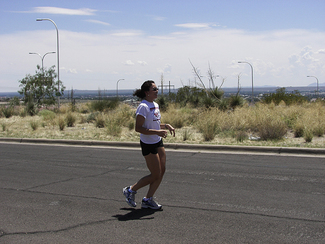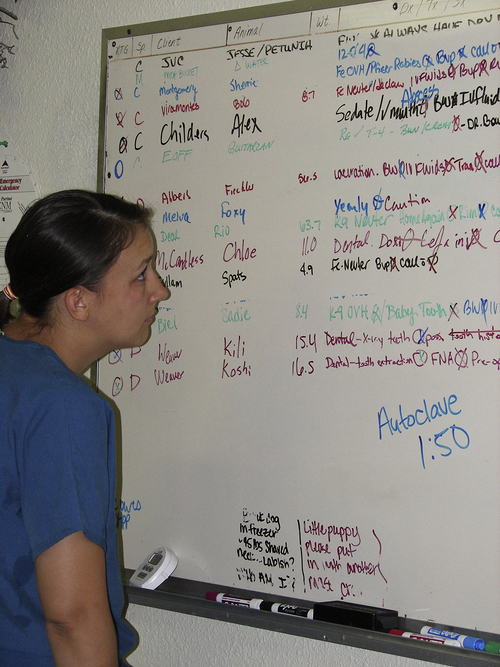CHAPTER 6

Stress and Burnout
Mastery of the content in this chapter will enable the reader to:
• Explain the stages associated with stress.
• List methods used to control stress.
• List methods of intervention.
STRESS IDENTIFICATION
Positive and Negative Stress
Stress comes in two forms: positive (good) stress and negative (bad) stress. Positive stress is the body’s natural ability to learn how to cope with stress; it may energize a person to cope with the challenges presented. Good stress produces satisfaction and relief once the action or actions causing the stress are over. However, if positive stress continues for an unreasonable amount of time, it can turn into a negative stressor and affect the person negatively (Box 6-1). Good stress can result in an overenergized person who eventually becomes overworked, leading to exhaustion. A person who is exhausted ultimately becomes an overwhelmed individual. Bad stress can inadvertently affect a person physically, emotionally, and mentally. Bad stress affects blood pressure and heart rate and can make individuals respond in an unusual manner to normal situations. The normal situation of running out of milk may trigger a person’s temper. Bad stress must be taken control of to prevent conflict between family and co-workers.
Personalities and Stress
Personalities predispose people to experience stress differently. It is not known how personality affects stress, whether it is learned or genetic; however, personalities are grouped into types. The stress-prone personality is generally a “type A” personality. These individuals are perfectionists, often multitask, expect a high level of performance from themselves as well as their co-workers, and tend to be successful. Stress-prone individuals are at a higher risk for heart disease and hypertension (Figure 6-1). Stress-hardy personalities are less prone to stress, are in control of their lives, and do not have to be “the best.” They often control and compartmentalize the stress and deal with it later. “Type B” personalities manage stress well, rarely letting others know they are suffering from any type of stress.
 PRACTICE POINT
PRACTICE POINT PRACTICE POINT
PRACTICE POINT
 PRACTICE POINT
PRACTICE POINT


